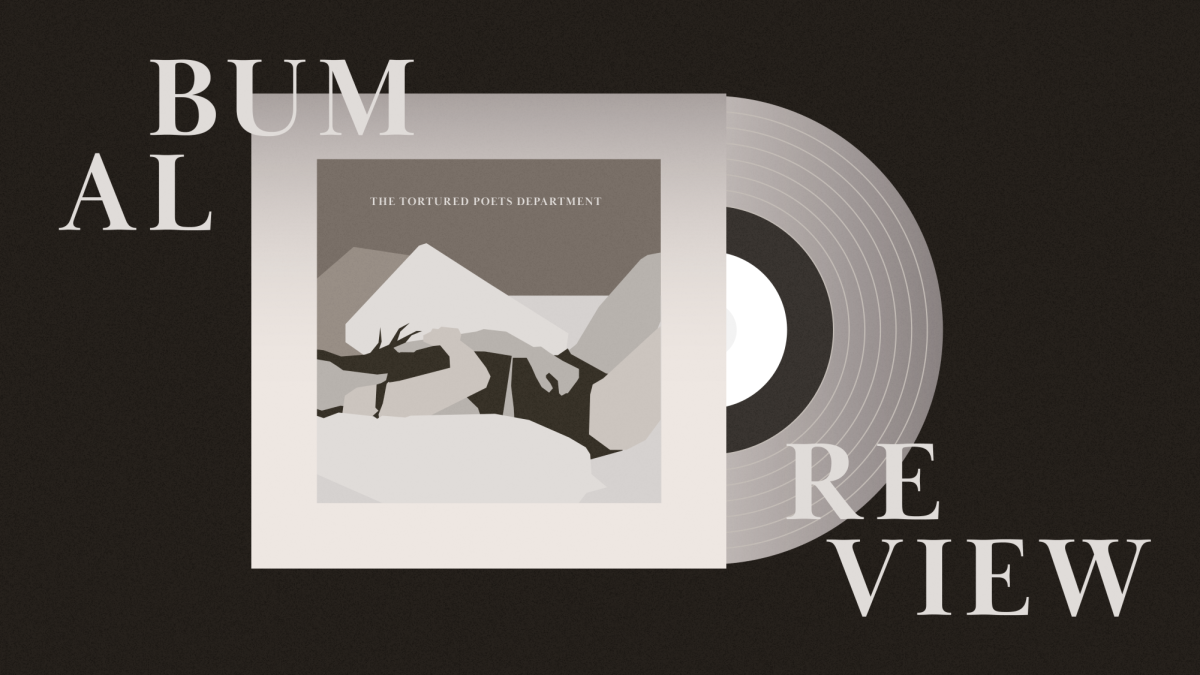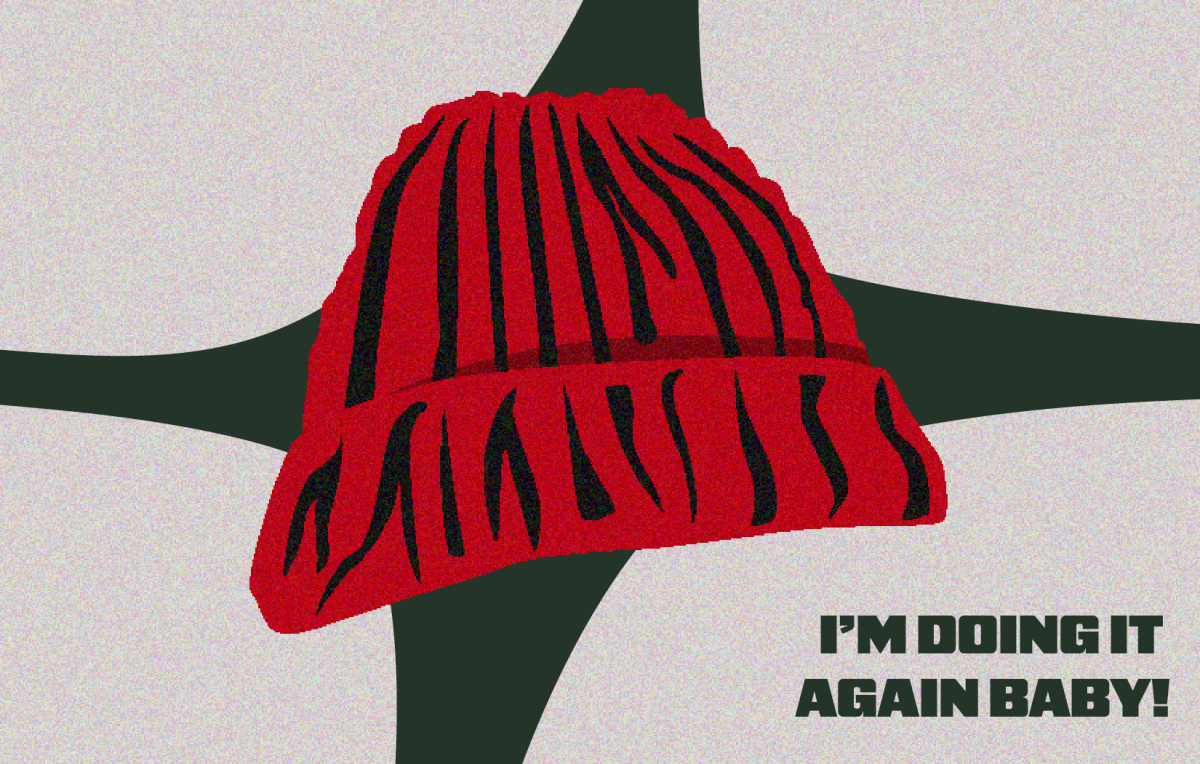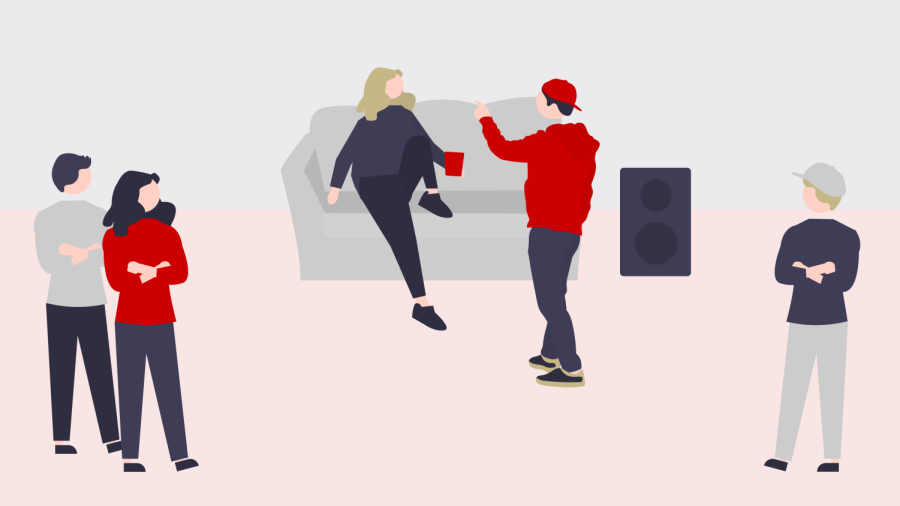On any college campus, bystander intervention may be a skill necessary to implement in several situations. U students should educate themselves about being a bystander and when to step in, said Chris Snyder, chief of staff for the University of Utah’s Department of Public Safety.
However, there is a phenomenon where bystanders do not engage in a scenario called the bystander effect. It’s defined as “when the presence of others discourages an individual from intervening in an emergency situation, against a bully or during an assault or other crime.”
Brittany Kiyoko Badger works as the Director for the Center for Campus Wellness and is a Ph D. candidate at the University of Utah Health Promotion and Education.
She said the apathetic nature of the bystander effect makes it a huge problem on college campuses, where action is not taken due to a belief that someone else will take care of it.
The team at the Center for Campus Wellness is seeking to change that mindset through a training program they offer aimed for college students.
“We’re really trying to address what’s known as the bystander effect,” Badger said. “So the bystander effect is essentially, the more people that are around witnessing something problematic, the least likely it is that anyone will actually intervene.”
In the case of an emergency, there are several resources available to report to the proper authorities. Snyder cited the SafeUT app as a tool to report. An alternate hotline to 911 is available at (585-COPS (2677)) Other resources to report can be found here.
At the U, there are blue emergency call stations across campus. Police officers should arrive within a couple of minutes of pressing the red button located at the station.
Snyder mentioned one of the best things someone can do as a bystander is be observant, in order to get the best facts available to responding emergency officers.
“Just a reminder [it] does not mean to put yourself in harm’s way. You know, let’s call the police. Let’s get them coming. And let’s be a good witness, to observe and report,” he said.
There are several reasons why college students don’t intervene such as people being conditioned to mind their own business and downplay harmful situations, Badger said.
“We all are bystanders, every single day we’re witnessing things going on … whether that’s on campus, whether it’s in our community, wherever,” Badger said.
Badger believes there are more scenarios now than previously thought where bystander intervention may be necessary. Scenarios could include reaching out to a classmate in need, intervening in a sexual assault or calling out racist remarks.
The training class called Check on U-Tah goes over five steps to being an active bystander. The five steps are increasing awareness around you, interpreting what is and is not a problem, taking responsibility in a situation, knowing your limits and then taking action.
The training takes 75 minutes to complete.
The course also encourages students to be more aware of their surroundings and how to reduce harm as a bystander and community member.
Another way that bystander intervention training is being incorporated into the University of Utah is through registered student organizations. Utah passed Senate Bill 134 in 2019, which prioritizes campus organizations’ impact on the bystander effect at the U and “requires that education focused on victim-support resources, bystander intervention and sexual consent be provided to student organizations,” according to a U press release.






















Cindy • Aug 11, 2023 at 7:24 am
I would love to see this training for staff and faculty as well … making more of a UofU community effort.